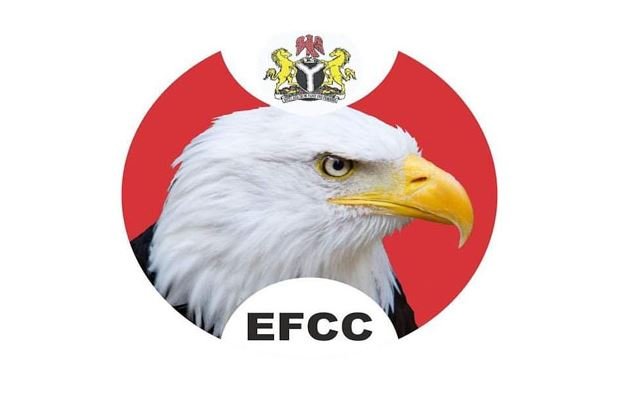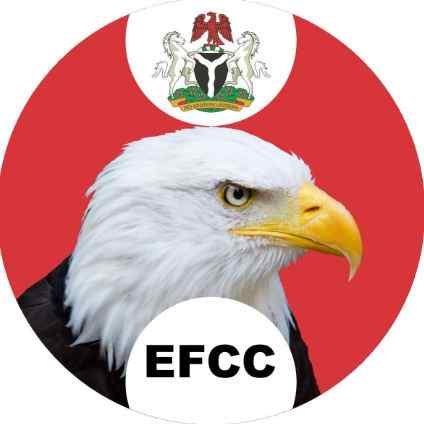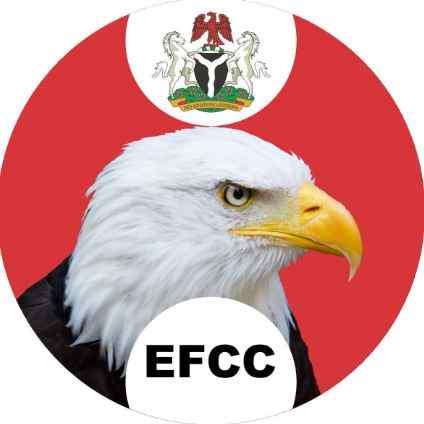
List Of Departments In EFCC
The Economic and Financial Crimes Commission (EFCC) is a Nigerian anti-corruption agency that investigates and prosecutes financial crimes. It comprises different departments, each with specific responsibilities.
These departments include:
- Department of Security and Chief Security Officer
- Department of Ethics and Integrity
- Legal and Prosecution Department
- Department of Investigations
- Asset Forfeiture Department
READ ALSO: What Is The Meaning Of EFCC And Its Functions?
1. Department Of Security And Chief Security Officer
In the Economic and Financial Crimes Commission (EFCC), the Department of Security ensures the safety of both the staff and the facilities. You rely on this department to keep everyone protected from any potential threats, allowing daily operations to run smoothly.
The department is responsible for keeping sensitive information confidential, especially information related to investigations, which is essential to the success of the EFCC’s work.
However, to maintain a high level of security, the department regularly assesses risks, looking for any vulnerabilities that could be exploited.
They implement safety measures to prevent issues before they happen. In addition, the department works closely with other law enforcement agencies to strengthen overall security.
The Chief Security Officer (CSO) is in charge of the entire department, making key decisions about security protocols and overseeing all security operations, ensuring that everything is in place for the EFCC to function without disruption.
2. Department Of Ethics And Integrity
The Department of Ethics and Integrity is another part of the EFCC, providing that all staff uphold high standards of honesty and transparency. This department creates clear guidelines that help staff understand what ethical behavior looks like in their daily tasks.
By following these guidelines, the EFCC can maintain accountability and operate in a transparent way, which is important for building trust with the public.
Training sessions are also a key part of the department’s role. These sessions teach employees about the importance of ethics and how to apply these principles in their work. Monitoring compliance with these ethical standards is another task they handle, taking immediate action when violations happen.
When the EFCC operates with integrity, people feel more confident in the organization, making them more likely to report crimes and support investigations.
READ ALSO: List Of Local Government Areas In Imo State, And Their Chairmen
3. Legal And Prosecution Department
The Legal and Prosecution Department is a key part of the EFCC, playing a major role in fighting financial crimes. When you look at how the EFCC tackles corruption, this department is at the heart of making sure cases are handled correctly.
Anytime the EFCC investigates fraud or money laundering, the Legal and Prosecution Department steps in to manage all legal issues. And once the case is ready, this department prepares everything for court, gathering evidence, interviewing witnesses, and organizing reports for trial.
They also work closely with police and courts to make sure offenders face justice. Additionally, the department provides legal advice to other parts of the EFCC everyone follows the right legal procedures and meets their obligations.
4. Department Of Investigations
The Department of Investigations is another department in the Economic and Financial Crimes Commission (EFCC). Its primary focus is on uncovering financial crimes like money laundering, fraud, and cybercrime.
As part of this department, you would be responsible for gathering evidence, analyzing financial records, and looking into suspicious activities. You’d also conduct interviews with suspects and witnesses to gain a clearer understanding of these crimes.
After gathering all the needed information, the department prepares reports that are used during legal proceedings. However, to carry out its duties, the department relies on methods like surveillance and forensic analysis.
These tools help investigators dig deep into financial transactions and find hidden clues. Working with other law enforcement agencies is also a big part of the job. The department collaborates with police, regulatory bodies, and other agencies to make sure investigations are thorough and effective.
READ ALSO: List Of Local Government Areas In Yobe State, And Their Chairmen
5. Asset Forfeiture Department
The Asset Forfeiture Department is an essential part of the Economic and Financial Crimes Commission (EFCC) departments, which focuses on taking back assets gained through illegal activities.
Its main goal is to make sure that financial criminals don’t keep their ill-gotten wealth.] One of its primary tasks is identifying and tracing assets, whether these are funds hidden in bank accounts or properties tied to crimes like fraud or money laundering.
When there’s suspicion, the department can freeze bank accounts to stop further access and prevent criminals from moving their money around.
In addition, it seizes properties connected to these activities. The department also plays a part in preparing legal cases. By gathering evidence and working with legal teams, they confirmed that assets are recovered through court processes.


